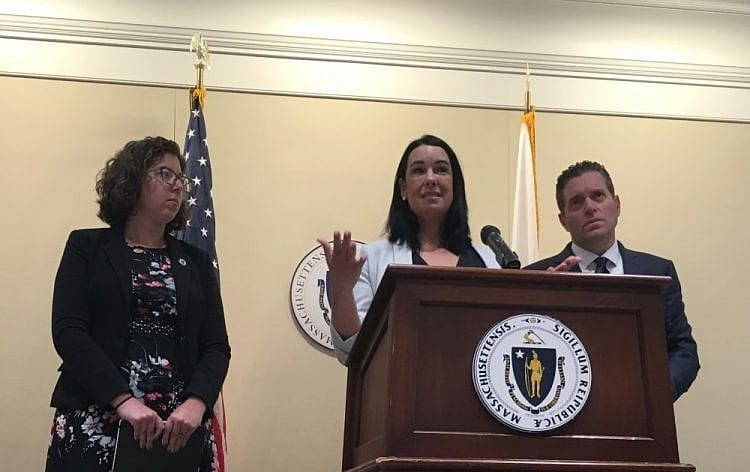Don’t Help Someone Commit Suicide, New Bill Says — Unless You’re A Doctor

A new bill would make it explicitly illegal to encourage another person to commit suicide in Massachusetts if the encourager has "substantial control" over the suicidal person or provides the means to do it, but leaves an exception for doctors who help their patients kill themselves.
The new bill, known as Conrad's Law, is inspired by a now-famous 2014 case where a 17-year-old girl urged her boyfriend Conrad Roy to kill himself after he showed signs of faltering. The bill includes a line saying it "shall not apply to a medical treatment lawfully administered by, or in a manner prescribed by, a licensed physician."
